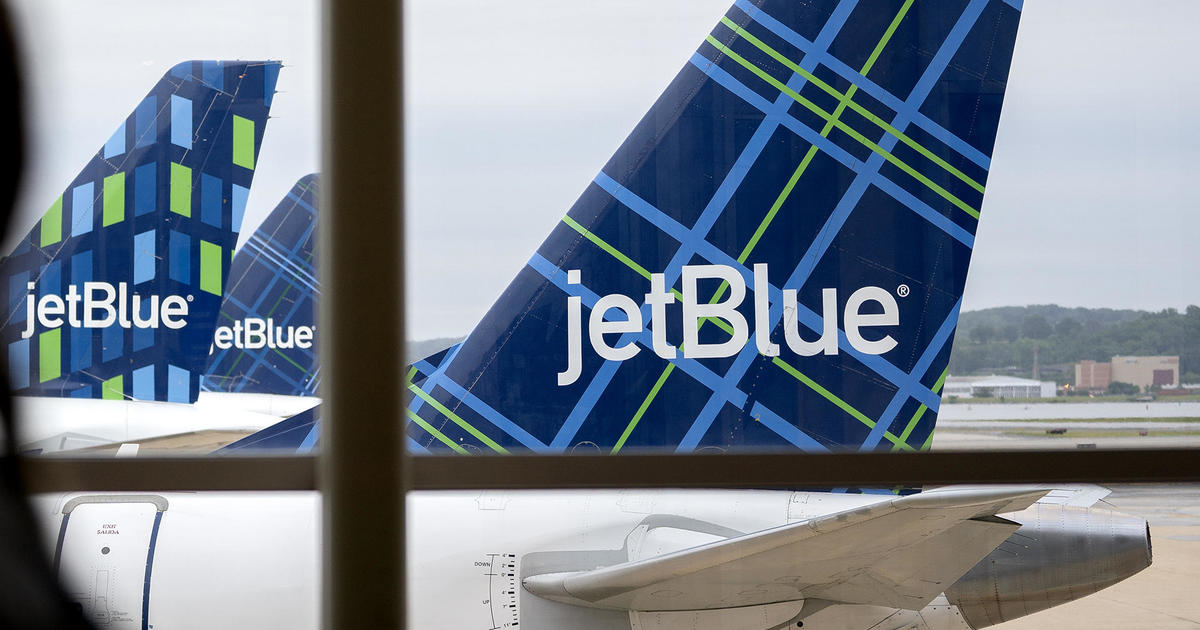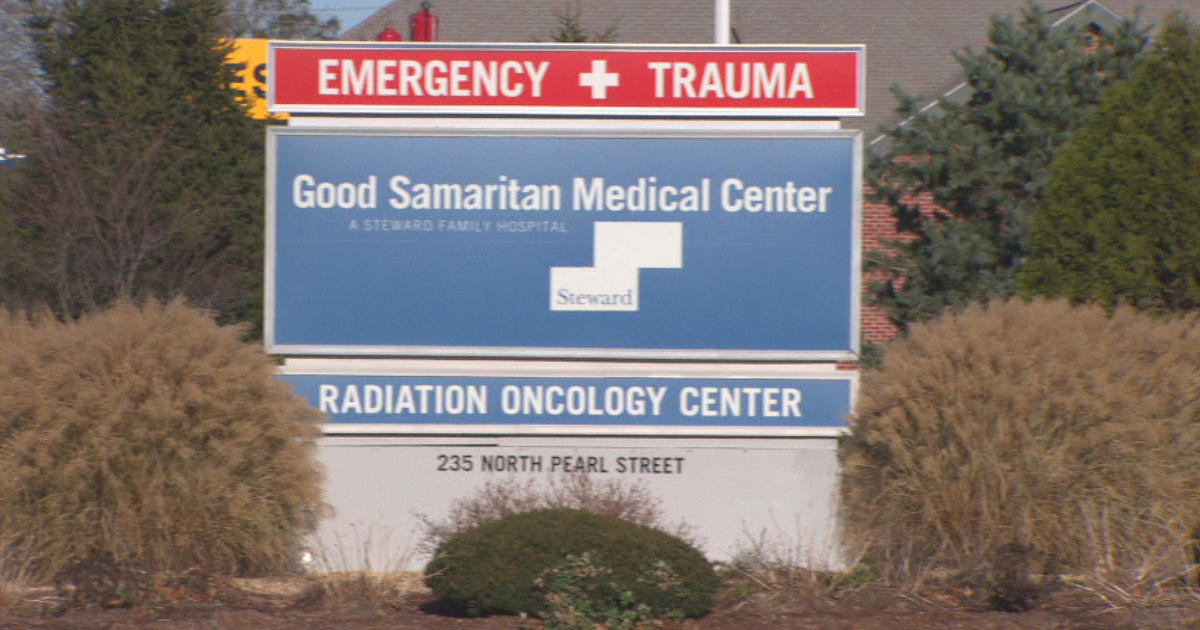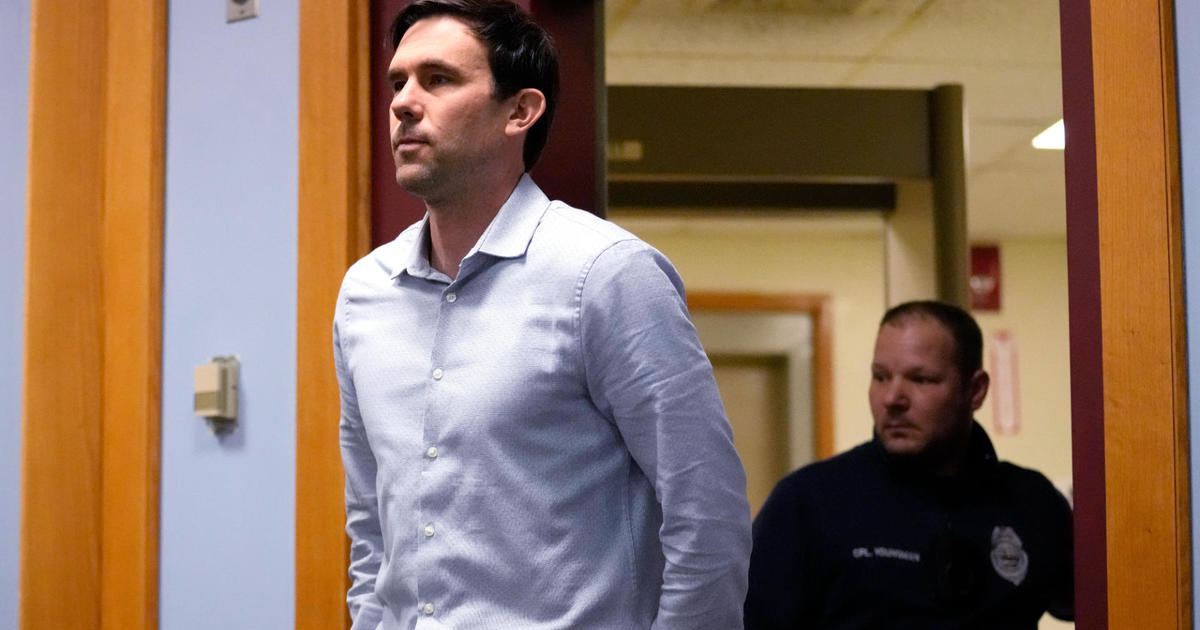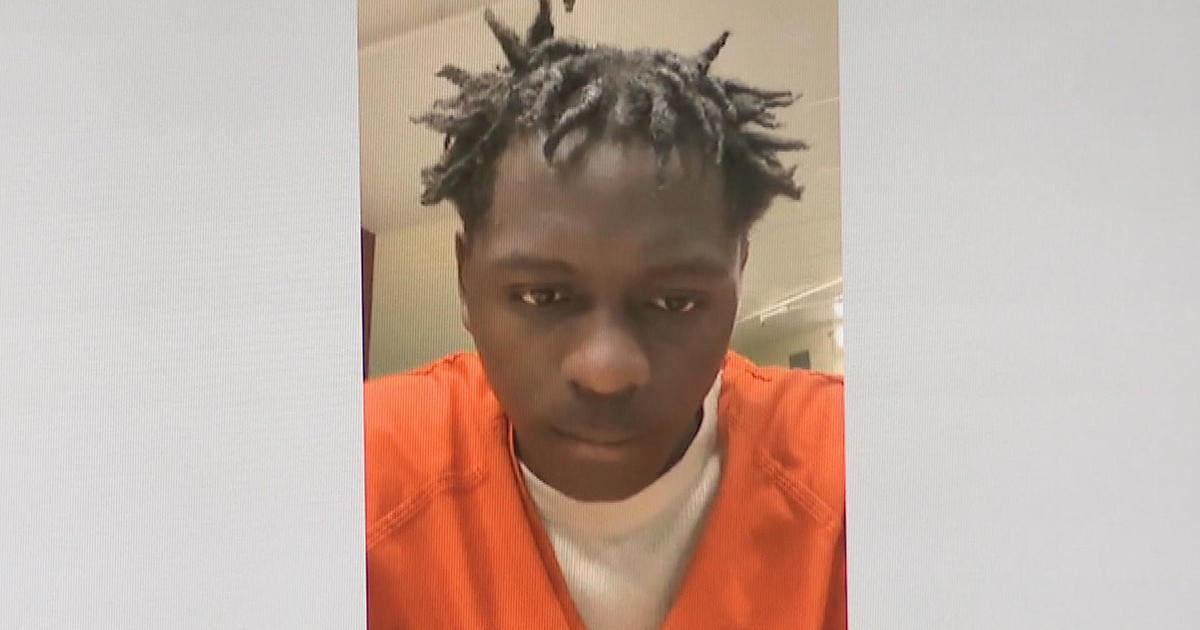Airports Step Up Screening As Ebola Spreads
WASHINGTON (CBS/AP) — The government will begin taking the temperatures of travelers from West Africa arriving at five U.S. airports as part of a stepped-up response to the Ebola epidemic.
President Barack Obama said the new efforts would provide yet another tier of protection at key U.S. points of entry.
"These measures are really just belt-and-suspenders -- it's an added layer of protection on top of the procedures already in place at several airports," Obama told state and local officials in a teleconference call Wednesday.
However, the focus is still on stopping the epidemic in West Africa, the director of the Centers for Disease Control and Prevention, Thomas Frieden, said in Atlanta.
"As long as Ebola continues to spread in Africa, we can't make the risk zero, here," he said.
At the White House, spokesman Josh Earnest said the additional layer of screening would begin at New York's JFK International and the international airports in Newark, Washington Dulles, Chicago and Atlanta. He said the new steps would include taking temperatures and would begin Saturday at JFK.
Frieden said temperatures would be taken with a device that would avoid direct contact with the travelers.
Logan Airport was not included in the new efforts and has no direct flights from West Africa. But airport officials held a press conference Wednesday detailing preparations in case the deadly disease arrives.
"Safety and security is our top priority at Massport," said Massport CEO Thomas P. Glynn in a statement. "As such, we have been coordinating with our partners at the CDC, Department of Homeland Security, Customs and Border Protection, the Massachusetts Department of Public Health, and the Boston Public Health Commission as we continue to be vigilant regarding Ebola and other infectious diseases at Logan Airport and the Port of Boston."
Obama said the new measures also will include more screening questions for passengers arriving from the countries worst hit by the outbreak — Liberia, Sierra Leone and Guinea. He says the procedures will allow United States officials to isolate, evaluate and monitor travelers and collect any information about their contacts.
WBZ-TV's Jim Armstrong reports
Earnest said the five airports cover the destinations of 94 percent of the people who travel to the U.S. from the three heavily hit countries in West Africa — Liberia, Sierra Leone and Guinea. He estimated that about 150 people would be checked a day under the new procedures.
A Liberian man who had come to the U.S. with Ebola died Wednesday. Forty-two-year-old Thomas Eric Duncan, the first person diagnosed in the U.S. with the disease, had come to Dallas in late September but did not display obvious signs of having Ebola when he entered the U.S.
Also on Wednesday, Homeland Security Deputy Secretary Alejandro Mayorkas said Customs and Border Protection agents are handing out information sheets to travelers with details of what symptoms to look for and directions to call doctors if they become sick within 21 days — the incubation period for Ebola.
Homeland Security agents at airports and other ports of entry already had begun observing travelers coming into the United States for potential signs of Ebola infection.
The fact sheet to be given to arriving travelers says: "You were given this card because you arrived to the United States from a country with Ebola." It tells passengers to "please watch your health for the next 21 days" and to "take your temperature every morning and evening, and watch for symptoms of Ebola," which are listed on the sheet.
Mayorkas said agents would observe all travelers for "general signs of illness" at the points of entry. He spoke at an airport security conference.
The White House, in a fact sheet this week, generally described Customs and Border Protection practices of being alert to passengers with obvious illnesses, but did not specify exactly what would be done to find potentially infected passengers.
The Obama administration has wrestled in recent weeks with what it can do, since arriving passengers may not be symptomatic when they arrive.
Mayorkas said the department was aware of those issues and is "taking a layered approach."
Ebola has killed more than 3,400 people in West Africa and infected at least twice that many, according to the World Health Organization. The virus has taken an especially devastating toll on health care workers, sickening or killing more than 370 of them in the hardest-hit countries of Liberia, Guinea and Sierra Leone — places that already were short on doctors and nurses before Ebola.
President Barack Obama has said the U.S. will be "working on protocols to do additional passenger screening both at the source and here in the United States." Extra screening measures are in effect at airports in the outbreak zones. Departing passengers are screened for fever and asked if they have had contact with anyone infected with the disease.
(TM and © Copyright 2014 CBS Radio Inc. and its relevant subsidiaries. CBS RADIO and EYE Logo TM and Copyright 2014 CBS Broadcasting Inc. Used under license. All Rights Reserved. This material may not be published, broadcast, rewritten, or redistributed. The Associated Press contributed to this report.)
MORE LOCAL NEWS FROM CBS BOSTON



